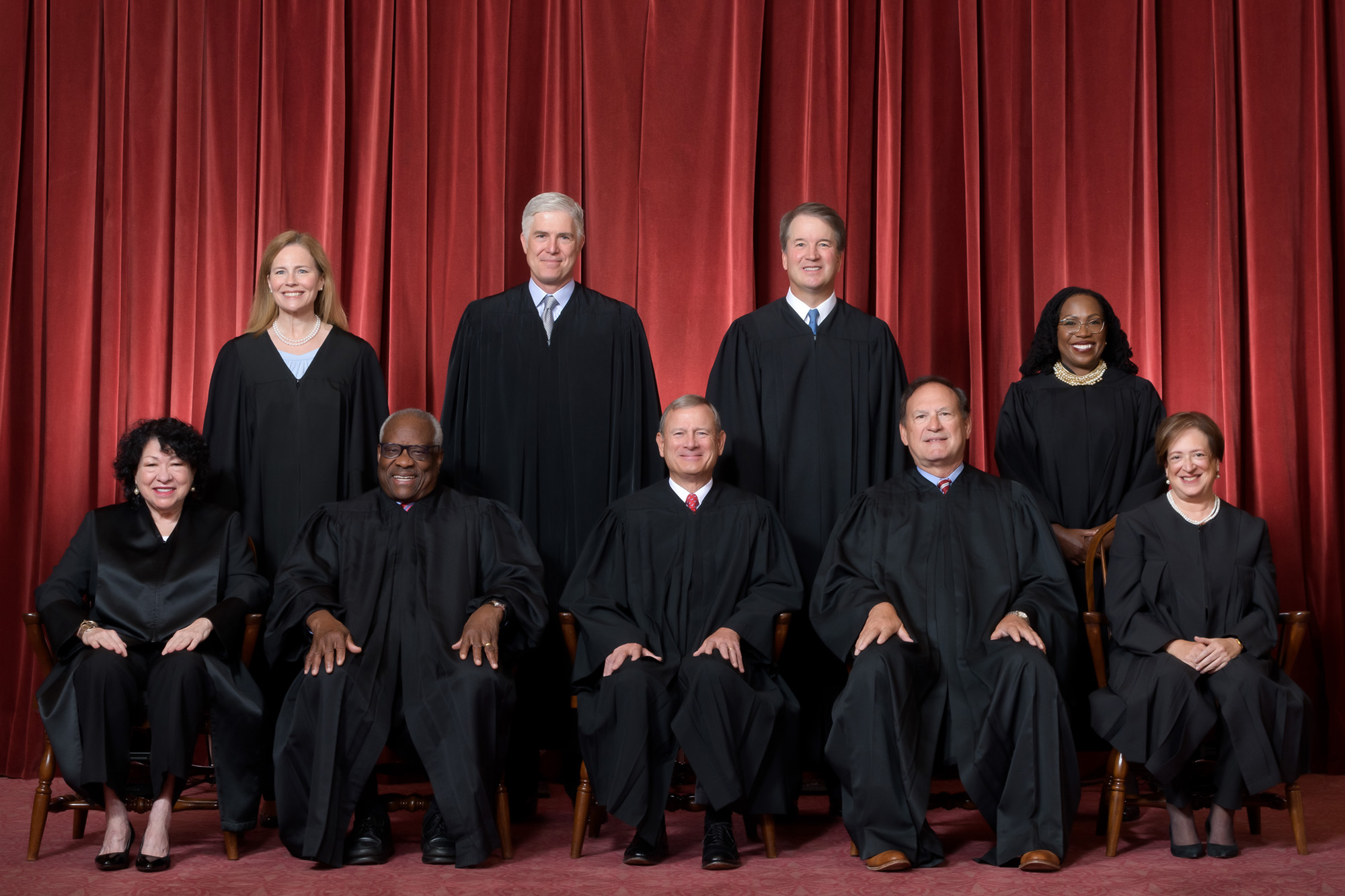Affirmative action, defined as policies designed to provide equal opportunities in education, employment, and other areas for historically marginalized or underrepresented groups, was ended on June 29, 2023, as the Supreme Court rejected race-based admissions at U.S. colleges. The recent ruling by the court’s conservative supermajority drastically changed long-standing legal principles related to American society and education.
Chief Justice John G. Roberts Jr., speaking on behalf of the six out of nine justices, argued that affirmative action policies “unavoidably employ race in a negative manner” and “involve racial stereotyping” in violation of the Constitution.
Justice Sonia Sotomayor, who protected the affirmative action, responded, “The majority’s vision of race neutrality will entrench racial segregation in higher education because racial inequality will persist so long as it is ignored.”
According to Stephanie Saul, a national education reporter of the New York Times, it is highly possible that the number of Black and Latino students attending college will decline sharply. She also wrote that the decision could have negative implications for standardized testing and the preferential treatment given to children of alumni. Saul anticipated that the college essay might gain greater significance, as it allowed students to emphasize their racial or ethnic identities.
Meanwhile, conservative leaders and advocacy groups called this decision “a step toward ending racial bias and discrimination in education.” Three fellows from the Heritage Foundation, a prominent conservative institution, described the ruling as the most significant victory for impartial education since the Supreme Court's landmark decision in Brown v. Board of Education in 1954, which declared racial segregation in public schools unconstitutional. They asserted that the decision serves as a clear message to university administrators embracing “woke” ideologies, indicating that racial discrimination and biased admissions systems are no longer acceptable in the United States.
At 2:55 p.m. of the same day, DePauw University’s President Lori White released an email stating that “DePauw already uses a holistic admissions process” and acknowledged that the decision “reinforces the importance of this kind of holistic review of student applications while also prohibiting the use of race as a single factor consideration in the admission process.” She assured that the new ruling did not change DePauw’s belief in a diverse student body as “important to a liberal arts and sciences education.”
Despite her disappointment, Dr. White informed students that DePauw would adapt to the change and still secure current students’ places. She encouraged active participation in meaningful discussions and contributions to the ongoing nationwide conversation regarding diversity, equity, inclusion, and a sense of belonging.
Featured image courtesy of The Supreme Court Historical Society.



